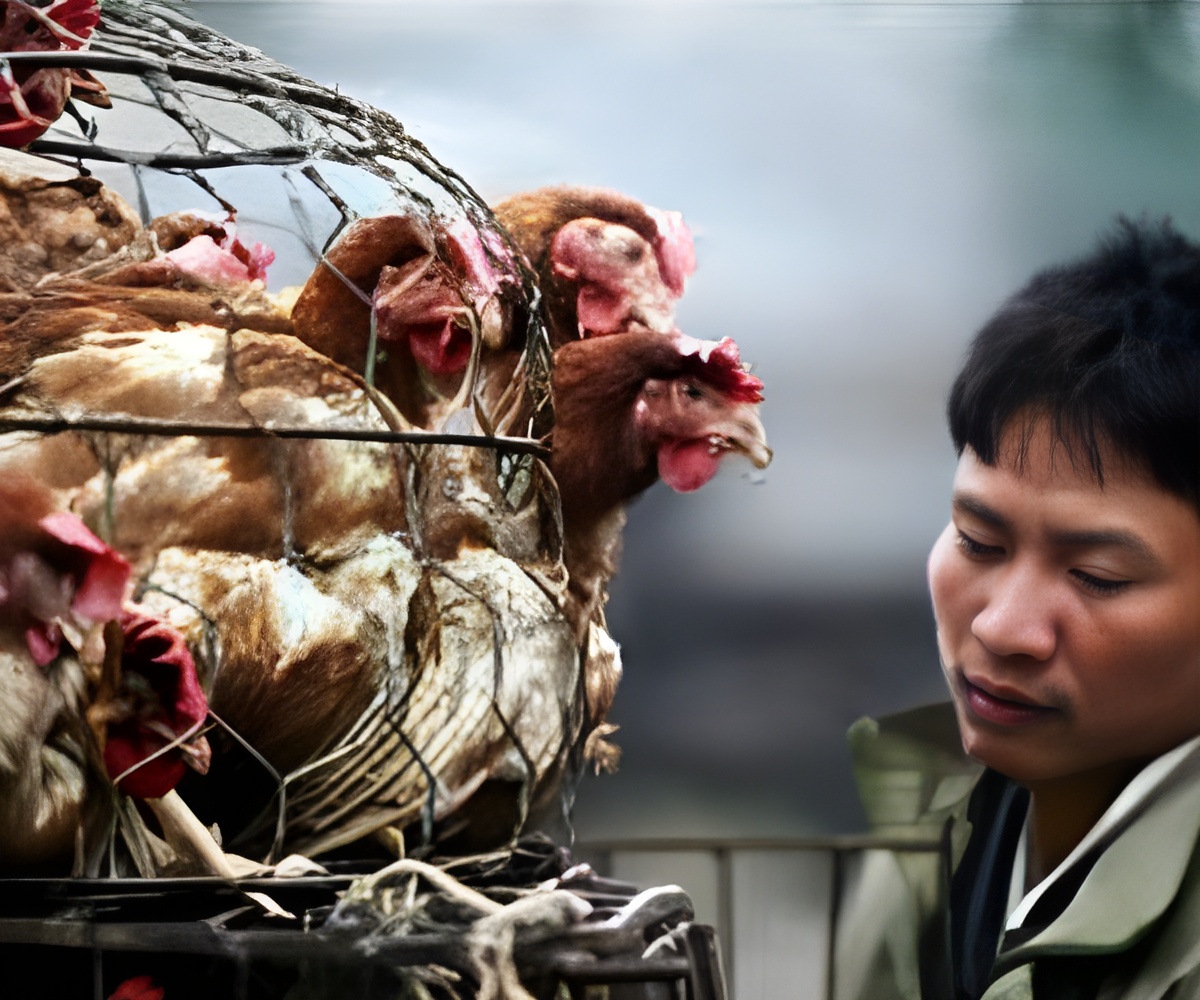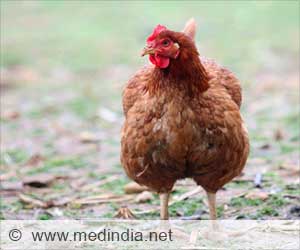In Cambodia's second fatality this year a three-year-old Cambodian boy has died of bird flu and he may have come into contact with dead birds the health ministry said.

Many of the chickens and ducks in the boy's village died mid-February and he may have come into contact with the dead birds, the statement said, without specifying if the poultry had been tested for H5N1.
"Avian influenza H5N1 remains a serious threat to the health of all Cambodians and more so for children," health minister Mam Bunheng said, urging parents to ensure their children do not play with birds.
The disease typically spreads from birds to humans through direct contact. But experts fear it could mutate into a form easily transmissible between humans, with the potential to trigger a pandemic.
Cambodian children are at particular risk as they often live in close proximity to poultry, the health minister said.
An eight-year-old boy from Cambodia's eastern Kratie province died of H5N1 in February. His two-year-old sister died the same day but authorities said tests could not be carried out to confirm she had the virus.
Advertisement
Both Hong Kong and mainland China have seen a recent spike in cases of the H7N9 strain of bird flu, although the WHO has said the rise in cases this year was not surprising due to seasonal factors.
Advertisement
Source-AFP







